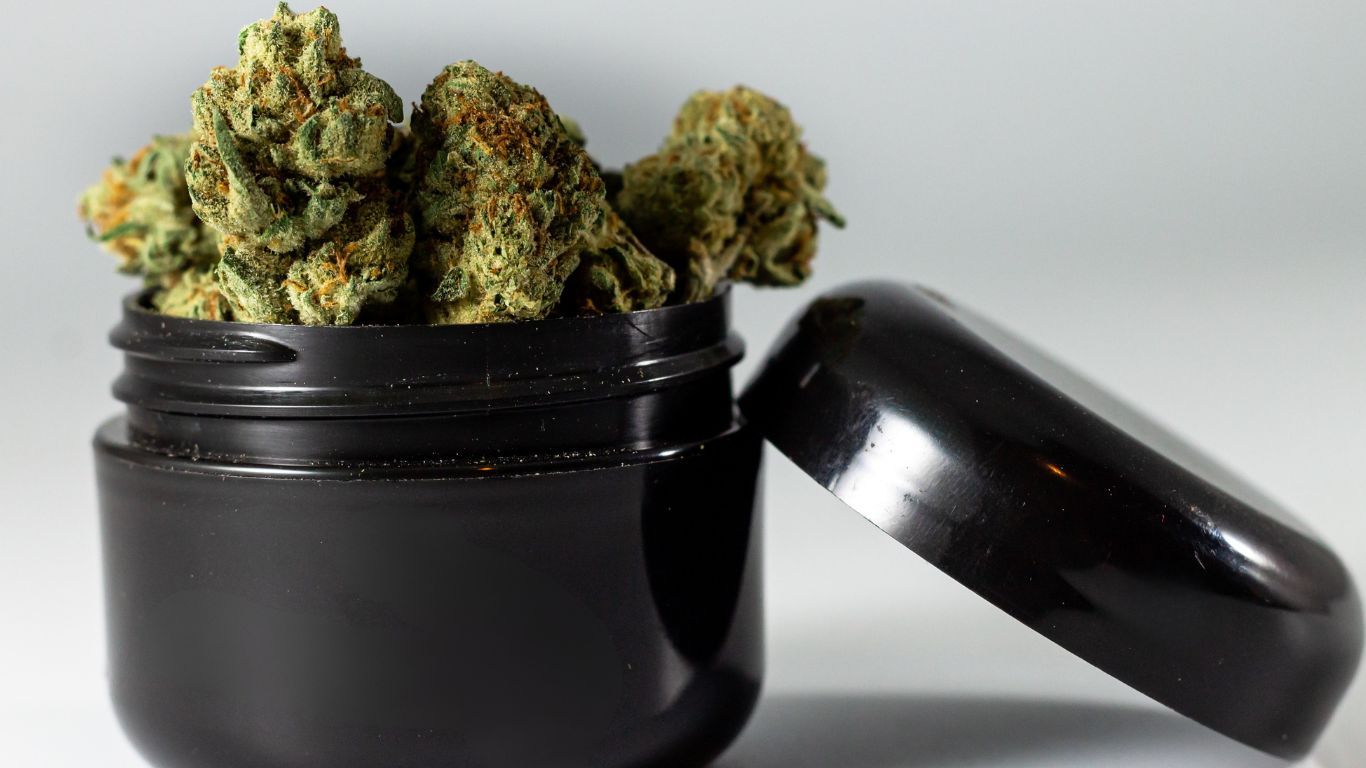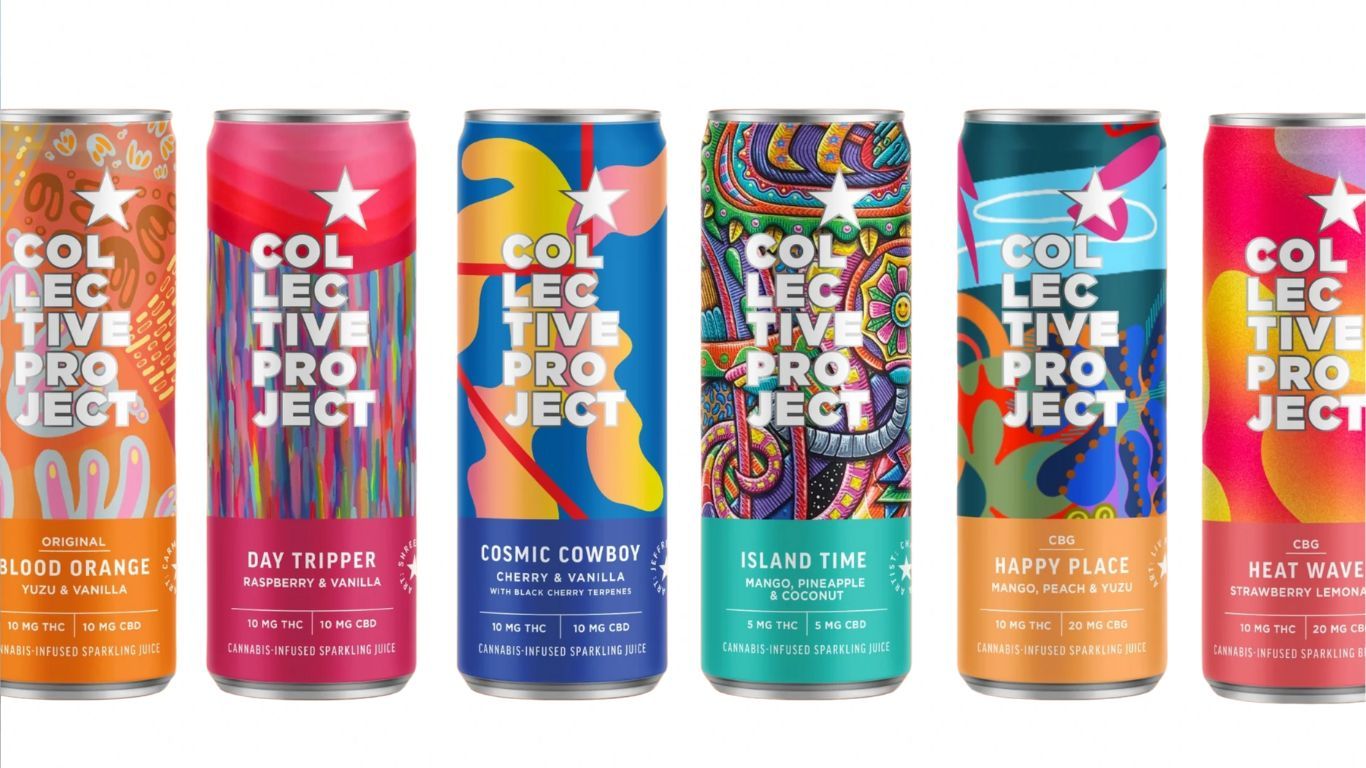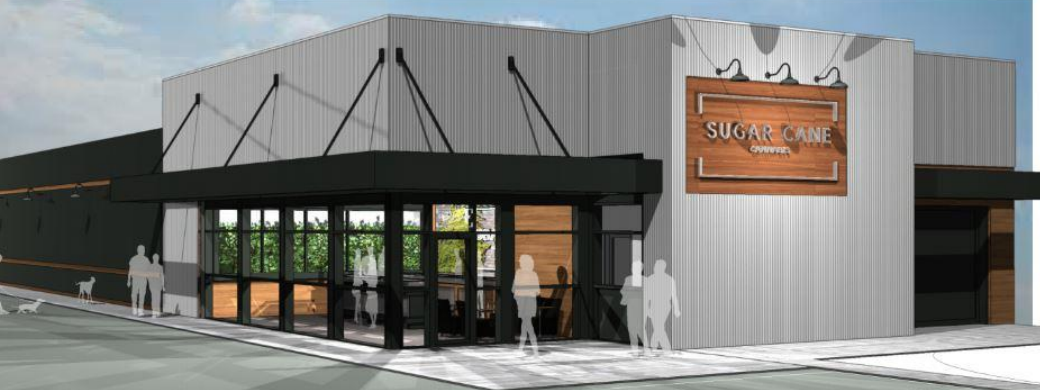
A proposed micro cultivation facility in Williams Lake BC on Williams Lake Indian Band land is turning into a fight over jurisdiction between the Band and City Council.
The Williams Lake Indian Band has recently announced their plans to begin construction of a micro cultivation facility on Band land near Williams Lake BC via a recent Facebook post. But Williams Lake City Council says they have some concerns with the location and want to give citizens a chance to discuss the issue.
The presentation, provided virtually and discussed at a recent Williams Lake City Council meeting, showed off their plans for the facility, called Sugar Cane. The plans for the facility include the potential for a retail store connected to the cultivation facility that will sell their own product through a farm gate sales model.
Chief Willie Sellars, who gave the presentation says that, if approved by the BC and federal government, this would be the first farm gate cannabis model in BC. He also notes that about half of the expected $2-2.5 million startup costs is being provided through funding from the BC government, the Government of Canada (Indigenous Services Canada), and the Northern Development Initiative Trust, with the rest coming from Williams Lake Indian Band funding.
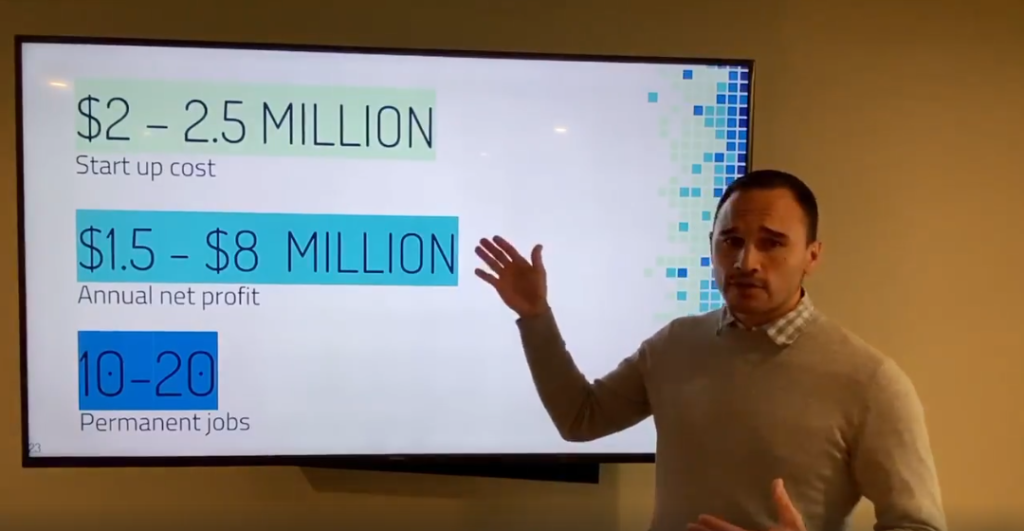
Although Chief Sellars says the project is ready to begin construction and will move forward without council approval, the Williams Lake City Council voted unanimously to send a letter to the Band that expressed opposition to the project until residents of Williams Lake have a voice on if the city’s official community plan should be amended to allow the proposed facility to move forward.
Several councillors pointed out that they don’t necessarily oppose the project, but they feel not all of their questions have been answered and the community deserves a say in the project.
“We are creating a template that other First Nations can potentially follow and pave the way for more of these (businesses) and more of an experience around cannabis.” -Kirk Dressler
“What we’re trying to do with this, in my opinion, is give the residents of Williams Lake the opportunity to have their say heard and that seems to be one of the missing links in this process,” said councillor Jason Ryll. “I want to be absolutely clear. We do not oppose this project. I think we have some concerns and many, many questions that are going unanswered.”
During the virtual meeting, Mayor Walt Cobb also noted that the city council has sent letters detailing their concerns to the government agencies who have provided funding for the project and asking for “reconsideration until a public process has taken place.”
Mayor Cobb said the public needs to know “exactly what is going where,” in relation to the proposed grow facility and pointed out that the City went through a similar process with a micro brewery which is currently under construction in town.
“I want to be absolutely clear. We do not oppose this project. I think we have some concerns and many, many questions that are going unanswered.” –councillor Jason Ryll
Councillor Ryll also said that the city had supported the Band’s jurisdiction to open a retail cannabis store last year, but challenged their legal right to the development of a commercial cultivation facility of this kind. The property is currently located next to an existing Indigineous Bloom retail location operating since early 2019 that Williams Lake Councillors have expressed support for.
Councillor Ryll, who voted to give residents a say in the new micro cultivation facility attended the grand opening of the Indigenous Bloom operation in 2019, stating that “the dispensary represented economic development for the whole community”.
“That rising tide and business investment is only going to continue to help Williams Lake grow and prosper for all our communities,” said councillor Ryll at the time.
Indigenous Bloom is not a provincially-authorized retailer, nor do they sell products from federally licensed cannabis producers or cultivators. However, it operates on many First Nations land in BC, often in accordance with local indigenous laws.
“All the questions and comments, we have answered. I’d say 95-99% of the hundreds of comments have been positive. And those that have concerns, we’ve addressed them.” -Chief Willie Sellars
Chief Sellars, however, disputes that the city has a say in that process as the facility is on Indigenous land.
“What is clear is that there is a fundamental misunderstanding of the jurisdiction and authority of the First Nations government, and more disturbingly, there appears also to be a lack of appreciation for the principles of reconciliation,” Chief Willie Sellars told BC local news last week.
Chief Sellars says he has already addressed the community’s concerns.
“We heard their feedback,” Chief Sellars told StratCann in an interview. “Our presentation wasn’t only made available to the Williams Lake City Council, it was made available to the general public. And all the questions and comments, we have answered. I’d say 95-99% of the hundreds of comments have been positive. And those that have concerns, we’ve addressed them.”
Chief Sellars says the Band has secured almost $1 million in funding from the provincial and federal governments.
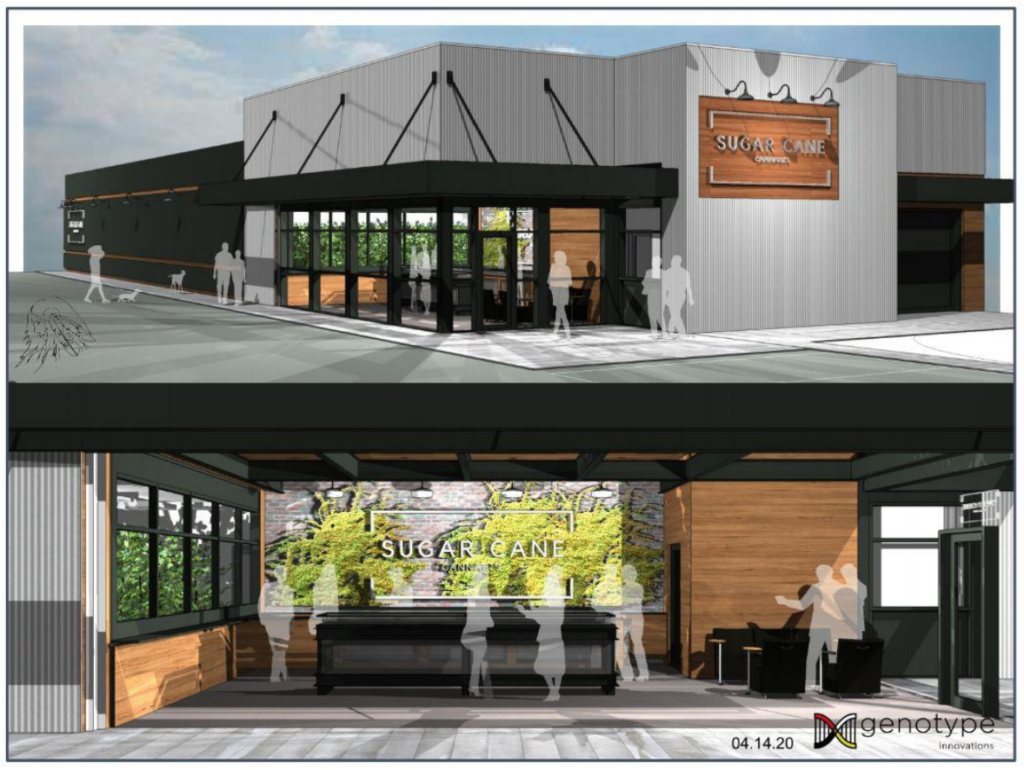
“We were able to secure a half million dollars from the province of British Columbia to support this cannabis cultivation facility,” continued the Chief in his comments to StratCann. “The provincial government has openly stated that they are looking at ways that funding bodies can be made available to First Nations communities that support their cultivation initiative.
“They liked the package we put together, and they want to support rural communities and the local economies amidst this covid pandemic. We were also able to get another $250,000 from the Northern Development Initiative Trust, and this is the first cannabis cultivation that they are supporting, as well.”
In his video presentation posted to Facebook, the Band Chief said the goal of the Sugar Cane cultivation facility will also seek to hold a retail ‘farm gate’ store that will sell their own product on-site. He says he expects the federal licensing process to take 1-2 years and expects to break ground in the next 30 days.
Hopes to be open by 2021
Kirk Dressler, an Economic Development Contractor with the WLIB Economic Development team says that in addition to breaking ground on the new facility, Sugar Cane will soon apply for a federal micro cultivation and processing licence from Health Canada, utilizing the federal cannabis regulator’s Indigenous Navigator Service.
The Navigator system allows all self-identified Indigienous affiliated cannabis applicants who qualify to have direct access to a Health Canada reviewer through the entire process of licensing. The system was put in place as a way to provide further opportunities for Indigenous communities in Canada to take part in the federal cannabis licensing program, and to help them not rely on expensive outside consultants when navigating the licensing process.
Those applicants utilizing the Navigator service are able to begin the application process prior to a full facility build out.
“Health Canada has expressed a great deal of enthusiasm about this project,” said Dressler. “Before we headed into this pandemic, they were actually going to send their Aboriginal group to engage with us to kick off the licensing process. They have been emphatic that we don’t need a consultant and that they want to see this go as quickly as possible and make it a success. I think there are a lot of eyes on this. Obviously the province is heavily invested, the federal government wants to make sure that it’s a success, and so we’re optimistic that we won’t run into any significant problems with the licensing process.”
Dressler says the goal with the property will be to have the new Sugar Cane building house their micro cultivation and processing licenses, as well as their farm gate retail store specifically for Sugar Cane products. They plan to then transitioning the neighbouring Indigenous Bloom retail store to a fully licensed private cannabis retailer through the provinces licensing program. The new retail outlet would be rebranded as Unity Cannabis.
Ultimately, he says he hopes it could be a tourist draw for the area that other communities, including other First Nations, can also benefit from.
“I think it will be a model that everyone will be watching, particularly First Nations. It’s super cool that we are creating a template that other First Nations can potentially follow and pave the way for more of these (businesses) and more of an experience around cannabis.
“And maybe it will allow people who are currently dwelling in the grey market, for a variety of reasons – because they don’t how to go into the white market and they are concerned that you can’t do white market cannabis in a quality setting and in a way that allows them to have their creativity – and what we’re doing is exactly that.”









